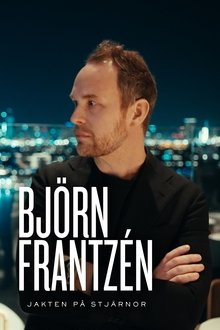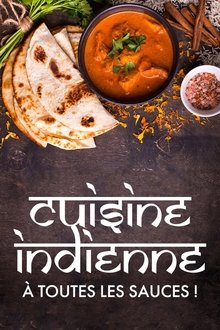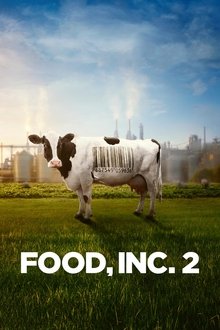For six months of the year, renowned Spanish chef Ferran Adria closes his restaurant El Bulli -- repeatedly voted the world's best -- and works with his culinary team to prepare the menu for the next season. An elegant, detailed study of food as avant-garde art, EL BULLI: COOKING IN PROGRESS is a rare inside look at some of the world's most innovative and exciting cooking; as Adria himself puts it, "the more bewilderment, the better!"
Related Movies
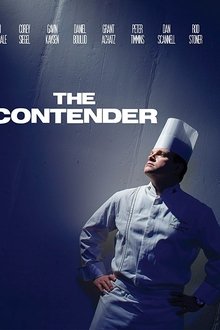
The Contender (2015)
In the winter of 2012, Certified Master Chef Rich Rosendale and Corey Siegel earned the opportunity to represent the United States in the prestigious cooking competition known as the Bocuse d'Or. Held every two years in Lyon, France, the Bocuse d'Or represents the pinnacle of competition cooking. With the United States determined to make the podium for the first time ever, Rich and Corey embark on an intense one-year training regimen that includes the construction of a secret test kitchen inside of a decommissioned cold war bunker. Together with some of America's greatest chefs, they will vie for culinary glory at the Bocuse d'Or in Lyon, France.

Heartland Local Food (2020)
This film explores food sustainability, how farmers' markets build community, and why local food matters. Filmmaker Dr. Benjamin Garner is an Associate Professor at the University of North Georgia. He produces films on food, marketing, and tourism. Dr. Garner consults with companies on soft skills training and produces video ads for web and social media.

Heston's Marvellous Menu Back to the Noughties (2019)
In this nostalgic documentary, restaurant critic Giles Coren challenges Heston Blumenthal to take his restaurant The Fat Duck back to 2001 for a magical feast.

Super Size Me (2004)
Morgan Spurlock subjects himself to a diet based only on McDonald's fast food three times a day for thirty days without exercising to try to prove why so many Americans are fat or obese. He submits himself to a complete check-up by three doctors, comparing his weight along the way, resulting in a scary conclusion.

The Organic Life (2013)
Sweat, sun, rain, tears, and green thumbs are all part of the challenge for a young couple attempting to become full-time organic farmers in this illuminating doc.

Strudel Sisters (2016)
Two elderly sisters share the delicate art of making traditional Hungarian strudel and reveal a deeply personal family story about their mother, who taught them everything they know.

We Feed the World (2005)
A documentary that exposes the shocking truths behind industrial food production and food wastage, focusing on fishing, livestock and crop farming. A must-see for anyone interested in the true cost of the food on their plate.

Infusion (2010)
In Acadie, the only “real” tea is King Cole, blended in New Brunswick for the past 100 years. Traditionally drunk with a spot of Carnation condensed milk, it recalls simpler days when people would take the time to stop and smell… the tea. Infusion is a playful look at this tradition, its many symbols, and the memories it stirs. Some say a cup of tea promotes frank discussion and helps clear up misunderstandings; others swear they can read the future in the leaves left at the bottom. Perhaps there really is something magical about tea…
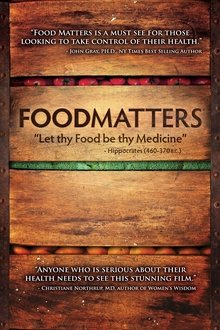
Food Matters (2010)
With nutritionally-depleted foods, chemical additives and our tendency to rely upon pharmaceutical drugs to treat what's wrong with our malnourished bodies, it's no wonder that modern society is getting sicker. Food Matters sets about uncovering the trillion dollar worldwide sickness industry and gives people some scientifically verifiable solutions for curing disease naturally.
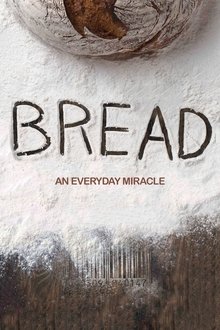
Bread: An Everyday Miracle (2020)
The simple staple bread has become a branded product with an increasing number of varieties and providers. The film provides authentic impressions in today’s world of bread. We encounter small craft bakers as well as corporate CEOs whose professional work is our daily bread and ask the question: how do you see the future of our bread? And: what are we actually eating?
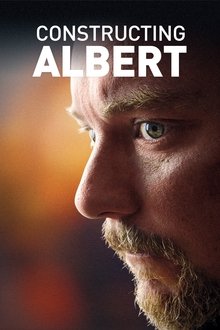
Constructing Albert (2017)
Portrait of the Catalan chef Albert Adrià, brother of the world-renowned chef Ferran Adrià, an emerging figure in the world of Spanish haute cuisine, with his own voice, far from the shadow of his brother.
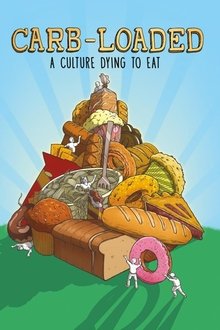
Carb-Loaded: A Culture Dying to Eat (2014)
One in three Americans is pre-diabetic. A huge percentage of them do not know that they are sick. Adult onset diabetes is no longer an illness for the obese and elderly. Millions of Americans who regularly exercise and eat a diet recommended by the USDA are classified as "skinny-fat". The connection between the standard American diet and numerous metabolic disorders is now an unspoken fact in most medical circles
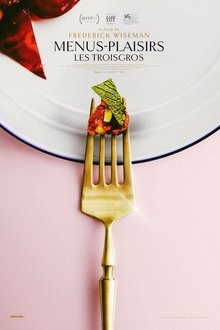
Menus-Plaisirs, les Troisgros (2023)
Founded in 1930, Troisgros has held three Michelin stars for 55 years. The children of the fourth generation, Marie-Pierre and Michel's sons are continuing the family business: César runs the Michelin-starred restaurant, "Le Bois sans feuilles" ("The Leafless Wood"), and Léo is in charge of one of the other two Troisgros restaurants, "La Colline du colombier" ("The Dovecote Hill"). From the daily market to the cheese maturing cellars, via the vineyard, the cattle farm and the vegetable garden adjacent to the restaurant, Menus-Plaisirs is an intimate, sensory journey through the kitchens of one of the world's most prestigious restaurants.
